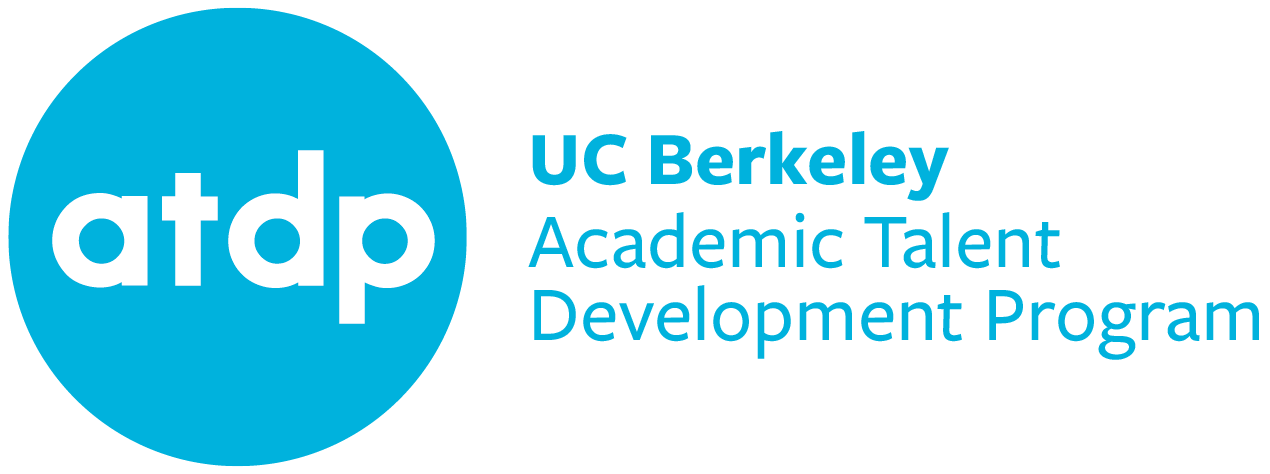The interview below is a part of a series on New Secondary Division Courses for 2012. David Chun discusses his upcoming course, Social Psychology. Read the course description here.
1. What do you do during the school year, and how does that experience inform your teaching at ATDP?
During the school year, I’m an assistant professor at Nyack College. It’s a small liberal arts school in New York. Before that, I was a graduate student at UC Davis. Coming from big school like UC Davis to a small school like Nyack was quite an adjustment, but it helped me develop further as a teacher.
One way it helped was that I learned to incorporate more classroom demonstrations and activities into each lesson. When I taught introduction to psychology to 300 students at UCD, there wasn’t much room for small group activities. However, teaching at a small school allows me to develop into a more well-rounded professor, and to discover new ideas to use at ATDP.
I also learn from teaching at ATDP. Last year when I taught cognitive neuroscience, I learned how to incorporate Internet technology into the course. Using Google docs, students were able to write collaborative summaries from a book we read and our class developed a course website that contains photos from the summer, short bios, and lots of information about the brain.
I take some pride in the website because it’s something students can look back on as a reminder of how much they accomplished. It also contains useful information from the course so they can always go there to research various brain-related topics. Setting up the website took a lot of time and effort on all of our parts, but seeing how valuable it was to students last year, I plan to use it again when I teach Social Psychology.
2. As you know, we’ve had an Introduction to Psychology course for the past couple of years — how will Social Psychology be different? Why is it valuable to concentrate on Social Psychology?
In the past, I taught Introduction to Psychology using a well-defined path. It usually starts with a brief history of the field and a discussion about research methods before moving into topics about the brain, genetics, and development, then learning, memory, and personality. Social psychology is covered near the end only because that’s where most textbooks place it. Our course will be different because we will start with the focus on social psychology and bring in topics about the brain, genetics, memory, and personality as they relate to social influences.
Students are bound to enjoy because, after all, they are social beings and will benefit from the context this approach provides for deeper, more advanced topics in psychology. Students find parts of social psychology to be intuitive. It’s easier for them to comprehend because, whether students realize it or not, they have been thinking about people all their lives. I chose to teach this class because I have fun helping students learn more about themselves and about others, but I want them to appreciate the more difficult concepts such as research methods as they relate to discussion within social psychology.
3. How will students be able to use what they learn in your class in their future studies?
Students will find that social psychology applies to their future studies in a variety of ways from psychology to neuroscience, law, counseling, and economics just to name a few. Additionally, because this is a course about people, students will be able to practice what they learn almost immediately in real-world settings. For example, when we discuss altruism and the conditions that lead to helping others, I hope that students will remember the lessons they learn in this class and become more aware of their own thoughts and actions.
4. Describe a topic or activity that you can’t wait to do with the kids this summer.
One thing I appreciate about social psychology is that some of the most influential studies that shaped our thinking about people were some of the simplest in design. Because of this, I can’t wait to teach students about various research studies by having them conduct their own versions. Students will learn best when they practice what they hear and read, and they will have more fun doing it.
For example, students will learn about the psychology behind conformity through an experiment. Replicating a famous research study by Solomon Asch, students will see if they can get a participant to conform to a majority view even if that view is incorrect. Replicating the original finding will require students to read the original study and make adjustments in order to test it in class. Students will learn by doing the research and discussing ideas as they go through the research process.
5. Other thoughts on why this is going to be a great class?
Well, this answer might not sound as fun, but I’m big on critical thinking. My other goal this summer is for students to think critically about what they read in their books and what they hear in class. I hope to have fun with students as they learn about the various topics through classroom demonstrations, activities, group projects, and experiment replications. However, I also have reading assignments from primary research articles that students will carefully read and analyze. The practice of reading and analyzing research will help the motivated student develop a skill that will be useful for his or her own personal growth and their future career.
